Global initiatives for circular economy transition
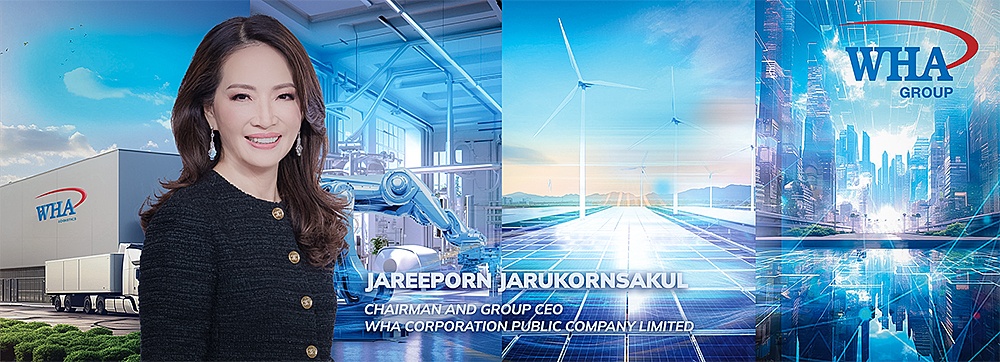 |
| Chairman and CEO Jareeporn Jarukornsakul of WHA Corporation Public Co., Ltd |
The international climate regime
The significant forum tracking climate change movements, the Conference of the Parties to the UN Framework Convention on Climate Change (COP27) has emphasised mitigating and addressing climate change impacts. Efforts at all levels aim to achieve the Paris Agreement goal of limiting global temperature rise to below 2 degrees Celsius compared to pre-industrial levels and striving to limit it to 1.5 degrees Celsius in the long teem. This includes establishing a fund to compensate for losses and damages due to intensified global warming and climate-related disasters.
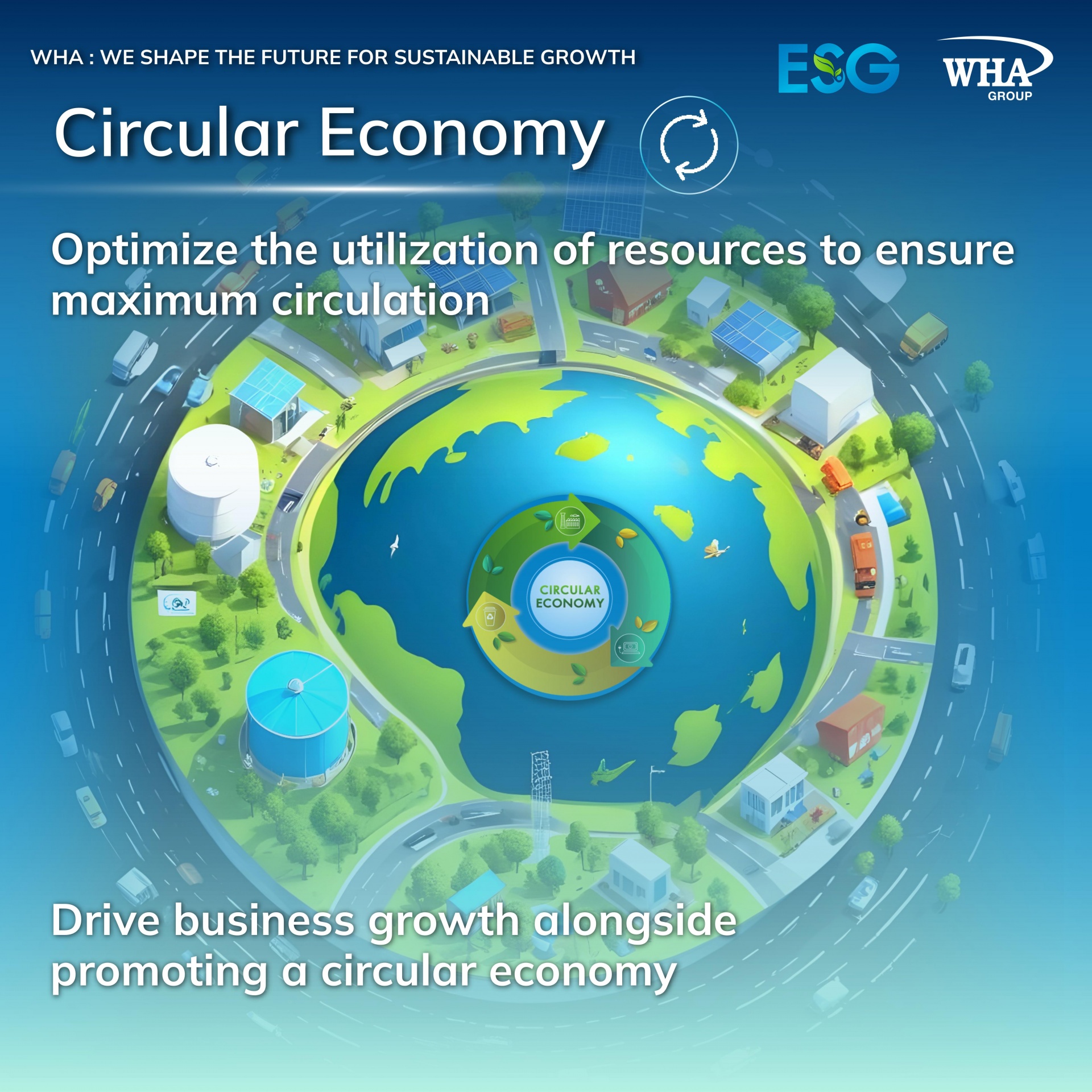 |
EU digital product passport (DPP)
In early 2022, the European Commission launched the Digital Product Passport to promote the circular economy in the European market. The DPP will provide crucial information about product components, enhancing the opportunities for proper reuse or recycling. This initiative is a key factor in helping the EU achieve its mid-century net-zero carbon emissions goal.
RE10
This global initiative unites companies committed to using 100 per cent renewable energy for their operations. Member companies pledge to source electricity from renewable sources such as solar, hydro, and wind power. Participation in RE100 underscores leadership in driving national energy plans towards the goal of carbon neutrality, aiming for zero carbon emissions by 2050.
Green supply chain
Adhering to environmental standards in the production and distribution of goods or services emphasises using eco-friendly materials, energy-saving technologies, waste reduction, and recycling. This concept includes green packaging, which applies the principles—reduce, reuse, reclaim, recycle, and degradable—leading to environmental protection and resource recycling/reuse.
Net positive water
This goal aims to reduce water resource usage and return more than 100 per cent clean water to local water sources. Pepsico has announced its target to achieve net positive water by 2030. Additionally, Intel, the world's largest chip manufacturer, has recently achieved net positive water in three countries. The US, Costa Rica, and India, and aims for net positive water in all its production bases worldwide.
The impacts of climate change are no longer distant, causing economic damage and affecting people's livelihoods. Therefore, accelerating solutions to mitigate impacts is the starting point for transforming crises into pathways towards renewable or clean energy reliance, leading to sustainable long-term development.
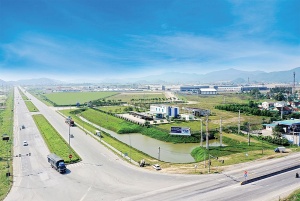 | WHA Group takes the lead in smart eco-industrial park model for Nghe An As part of Thailand’s WHA Group, WHA Nghe An is working to help develop the province sustainably thanks to the international-standard smart eco-industrial park model. |
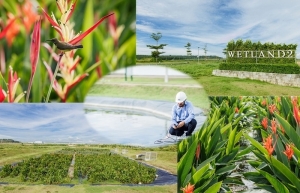 | WHA Industrial Zone erected as model of sustainability Growing environmental awareness is prompting some of the biggest industrial estate operators to take measures to protect vital water resources in Vietnam. |
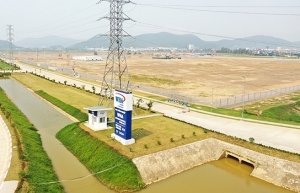 | WHA Group targets Thanh Hoa province for two new IZs Thailand-based WHA Group, a specialist developer of logistics facilities and industrial estates, sits in good stead for a strong 2021 after plans moved ahead for the launch of two new industrial zones in the north-central province of Thanh Hoa. |
What the stars mean:
★ Poor ★ ★ Promising ★★★ Good ★★★★ Very good ★★★★★ Exceptional
Related Contents
Latest News
More News
- Digital shift reshaping Vietnam’s real estate brokerages (December 31, 2025 | 18:54)
- Allen & Gledhill recognised as Outstanding M&A Advisory Firm (December 18, 2025 | 14:19)
- Inside Lego Manufacturing Vietnam (December 18, 2025 | 11:45)
- The next leap in Cloud AI (December 11, 2025 | 18:19)
- Vietnam’s telecom industry: the next stage of growth (December 11, 2025 | 18:18)
- Five tech predictions for 2026 and beyond: new era of AI (December 11, 2025 | 18:16)
- CONINCO announces new chairman and CEO (December 10, 2025 | 11:00)
- How AWS is powering the next-gen data era (December 09, 2025 | 13:14)
- Outlook in M&A solid for Singapore (December 08, 2025 | 10:31)
- Vietnamese firms are resetting their strategy for global markets (December 05, 2025 | 17:04)

 Tag:
Tag:




















 Mobile Version
Mobile Version